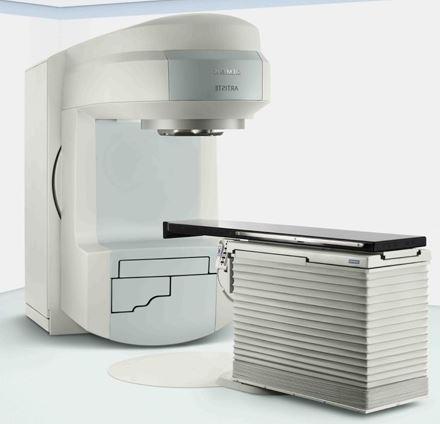
The Importance of Screening
COLON CANCER PREVENTION
 By Daniel Gassert, MD
By Daniel Gassert, MD
GI Associates of St. Augustine
Colon cancer is the 2nd leading cause of cancer related deaths in the United States. Every year, nearly 150,000 people are diagnosed with colon cancer and 50,000 die from it. The sad truth is that a majority these cancer victims could have been saved by proper screening. The Center for Disease Control (CDC) estimates that 6 out of 10 deaths could be prevented, yet 22 million Americans are not up-to-date with colorectal cancer screening.
Colon cancer screening is recommended for men and women beginning at age
50. If there is a
family history of colon cancer then screening begins at a younger age,
usually no later than age 40.
The reason that screening is so effective is that colon cancer nearly always begins as a harmless growth in the colon called a polyp. When polyps are removed they cannot turn into cancer. One out of four Americans over the age of 50 has precancerous polyps. Polyps do not cause any symptoms, and so screening is the only way to find them. If cancer is found during screening, it tends to be at an earlier stage which can make treatment more successful.
While there are a few options for colon cancer screening and prevention, the most effective is colonoscopy. A recent article in the New England Journal of Medicine from September 2013 reported that screening colonoscopies reduced the risk of death from colon cancer by nearly 70%.
For most patients a colonoscopy is fairly simple. Sedation is administered so that most patients sleep during the procedure. A thin flexible camera is then used to exam the entire colon, beginning at the rectum. Nearly all polyps can be removed during the exam which typically lasts 15-30 minutes. No pain or discomfort should be experienced during or after a colonoscopy. If no polyps are found then a repeat colonoscopy is not needed again for 10 years (assuming no prior history of polyps or family history of cancer).
Most insurance plans including Medicare provide coverage for a screening colonoscopy.
ADVANCED PROSTATE CANCER TREATMENT IS AVAILABLE RIGHT HERE IN ST. JOHNS COUNTY
 By Niraj Pahlajani, MD
By Niraj Pahlajani, MD
Radiation Oncologist, Florida Radiation Oncology Group
Stereotactic body radiation therapy (SBRT) is a very promising new type of treatment that can target the prostate with pinpoint accuracy, thereby allowing us to treat less normal tissue and have high confidence that we are always treating the prostate. This gives us the advantage of shortening treatment time from 45 treatments to 5 treatments with similar results. SBRT for prostate cancer is available at only a few centers in the country, and UF Health Flagler Hospital’s Cancer Institute is proud to be one of them.
For more information on if you are a candidate for this type of treatment, please call 904-824-5189 to schedule an appointment.
 One of the world’s most advanced radiation therapy machines is right
here in St. Augustine inside Florida Radiology Oncology Group on UF Health Flagler Hospital’s campus. The ARTISTE provides a comprehensive portfolio
of image-guided radiation therapy and advanced treatment delivery tools.
This is a giant leap forward in cancer fighting technology and is one
of the therapies often included in a patient’s treatment plan.
One of the world’s most advanced radiation therapy machines is right
here in St. Augustine inside Florida Radiology Oncology Group on UF Health Flagler Hospital’s campus. The ARTISTE provides a comprehensive portfolio
of image-guided radiation therapy and advanced treatment delivery tools.
This is a giant leap forward in cancer fighting technology and is one
of the therapies often included in a patient’s treatment plan.
